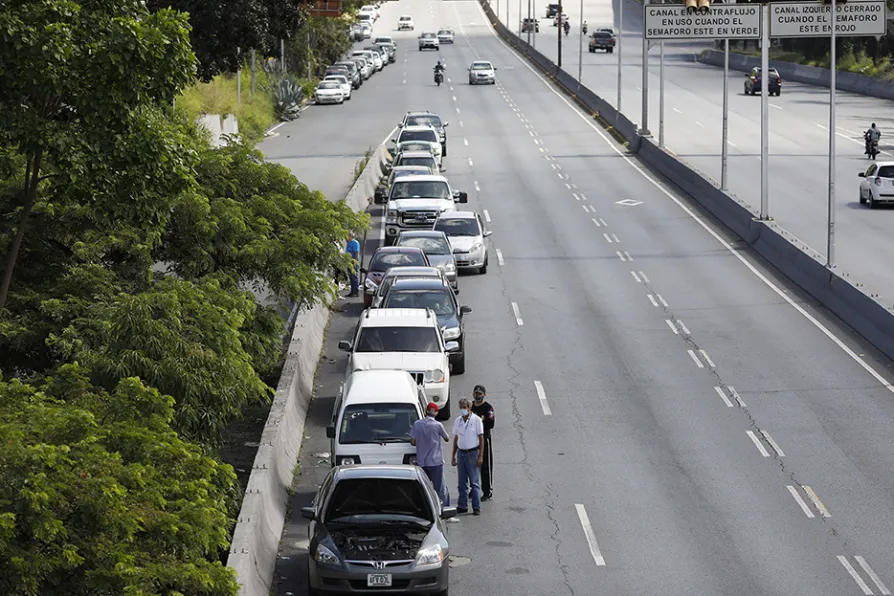As the RMT Health and Safety Conference takes place, the union is calling for urgent action on crisis of work-related stress, understaffing and the growing threat of workplace assaults. RMT leader EDDIE DEMPSEY explains

 Men stand alongside vehicles lined up to enter a petrol station during a nationwide fuel crunch, in Caracas, Venezuela
Men stand alongside vehicles lined up to enter a petrol station during a nationwide fuel crunch, in Caracas, Venezuela
THE imposition of sanctions is just one of many weapons used by the United States in its war on Venezuela, but a particularly deadly one.
The ultimate goal is “regime change” — to bring down the country’s government and gain access to the wealth to be made from the largest oil deposits in the world.
Two legal mechanisms laid the groundwork for these long-running sanctions, which have been extended again and again during the Trump presidency.

The US attack on Venezuela raises grave threats to Cuba and the region, writes NATASHA HICKMAN of Cuba Solidarity Campaign

International solidarity can ensure that Trump and his machine cannot prevail without a level of political and economic cost that he will not want to pay, argues CLAUDIA WEBBE

The global left must be unwavering in it is support for Venezuela as Washington increases its aggression, and clear-eyed about the West’s cynical motives for targeting it, says CLAUDIA WEBBE











